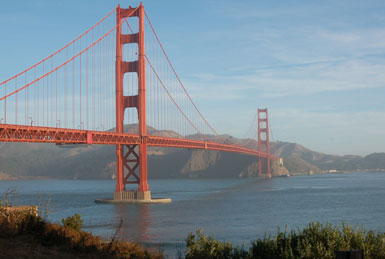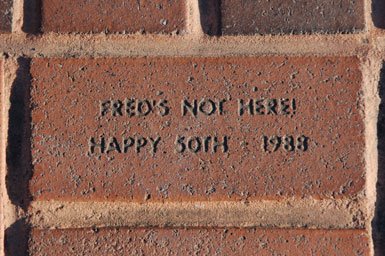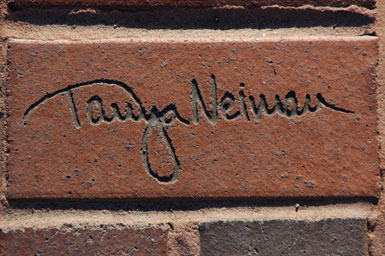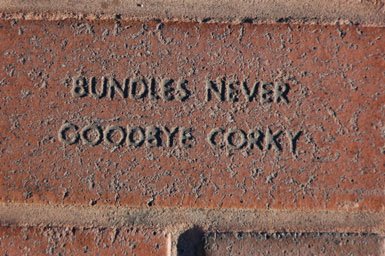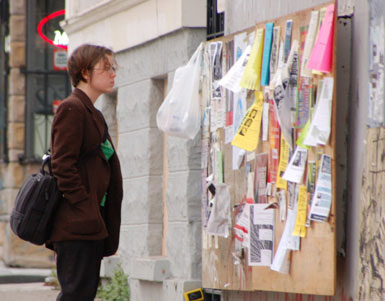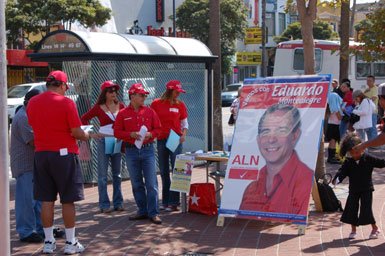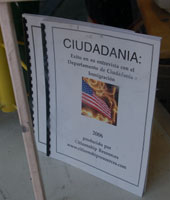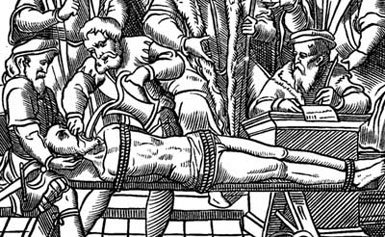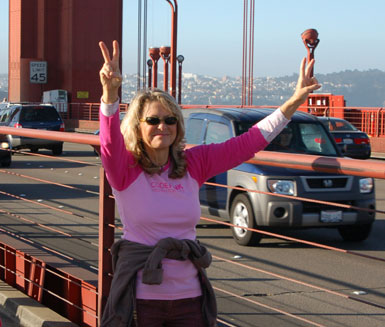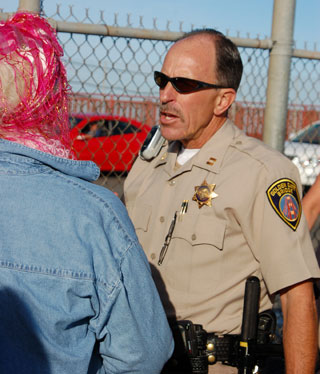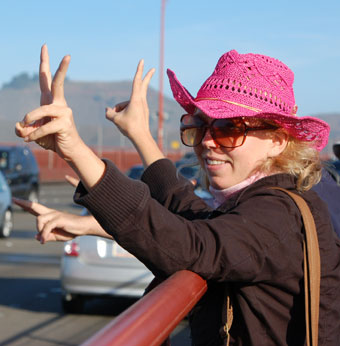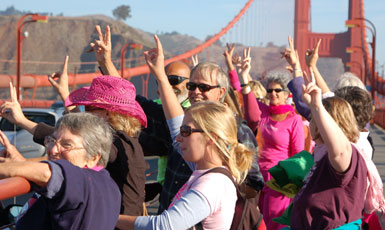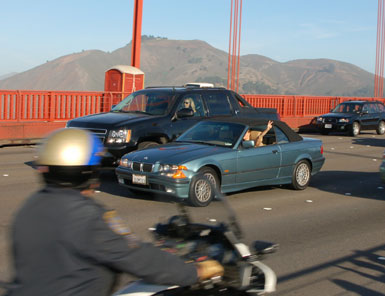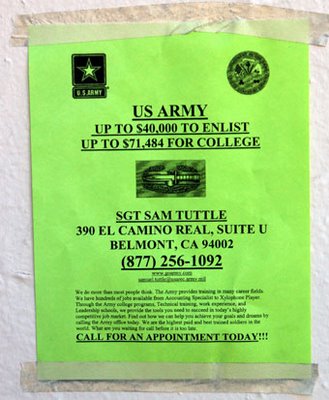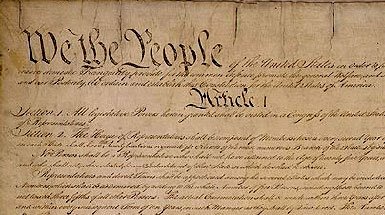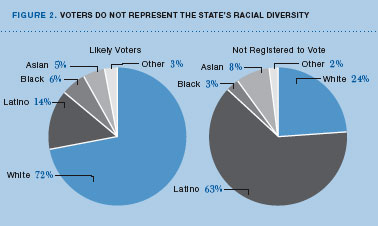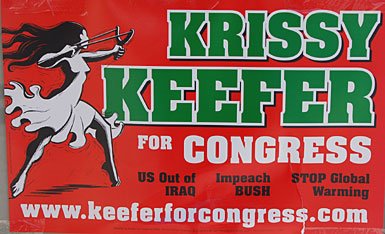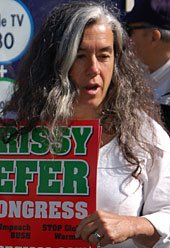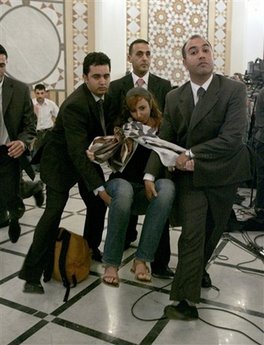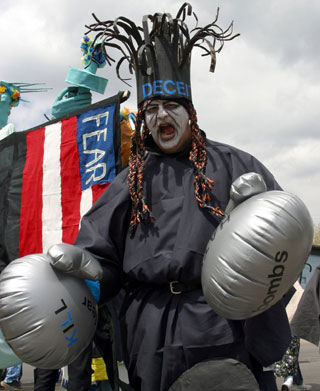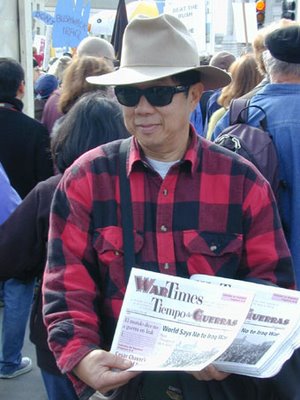
Yesterday the Jimmy Carter family rallied for Carter's son, the Democratic Nevada Senate candidate Jack Carter. On the campus of the University of Nevada in Reno, some 800-1000 people sweltered in the sun waiting for the former president and his son to address an audience that seemed largely students and staff. Gotta give it to them; they were prompt. Good thing -- for some reason organizers thought the way to appease the waiting crowd was to play 1960s music: Janis Joplin and Crosby, Stills, Nash and Young. What's with that?
Naturally, you can't hold an event like this without a small parade of University dignitaries, student leaders, and local Democrats. There was even a Congressional candidate whose website trumpets the fact that you can't tell from her issue positions that she is a Republican. Oh well.

Since a former president headlined the event, there was a lot of "security" or at least visible police and Secret Service presence.

The indomitable Sarah Carter (Jack Carter's blogger daughter) pitched us to sign up at her dad's MySpace. Campaign workers did a creditable job of signing up the audience to work on electing the candidate.

The former president looked damn good for 81. He hammered the Bushies on a wide range of policies:
- launching a pre-emptive war in Iraq that is "wrong"
- abandoning U.S. commitment to nuclear non-proliferation
- refusing to engage in talks with countries the Administration labels potential nuclear proliferators. Carter said North Korea probably has 7-12 nuclear weapons, a harder estimate than I had heard.
- abandoning any effort to force a peaceful solution between Israel and Palestinians
- getting their oil company buddies to manipulate gas prices to help Republicans in this election
- and ceding any claim by this country to moral high ground. "I am embarrassed to see the American government convicted in world opinion of human rights abuses, of practicing torture."

Jack Carter impressed me as a decent, intelligent man and a diligent candidate. He wanted us to know that the incumbent Republican, John Ensign, voted with the Bush regime 96 percent of the time. Carter's signature line goes:
He called the Iraq war a "catastrophe" while hitting a libertarian note on gun ownership and personal privacy.The incumbent represents Washington in Nevada; I'll represent Nevada in Washington.
Carter is unabashedly a Democrat. One of the more interesting points in his speech was his account of meeting a rancher who told him "you don't seem like a Democrat." Experiences like this led Carter to muse on how Democrats in general have simply ceded rural areas to the other guys -- if Dems don't show themselves to people outside the cities, Republicans get to define Dems as monsters with two heads.
This was a great story; it is great that the candidate understood this point; I am not sure the candidate should be telling it to a large audience as this gives the media an angle from which to reduce their stories to campaign tactics and horse race trivia.
I wasn't in Nevada to see Jack Carter, but I am glad I did. The political people I met in my travels say his campaign is in trouble. Specifically, it sometimes fails to get the candidate to venues where he is supposed to meet and greet. That's the hallmark of an under-resourced effort. If you are attracted by a guy who'll go out to rural areas and talk about values, this guy fits the bill. With little else going for him against an entrenched Republican, he is making this campaign be about the Carter family and retail politics. If you like that approach, consider dropping something at his donation page.

